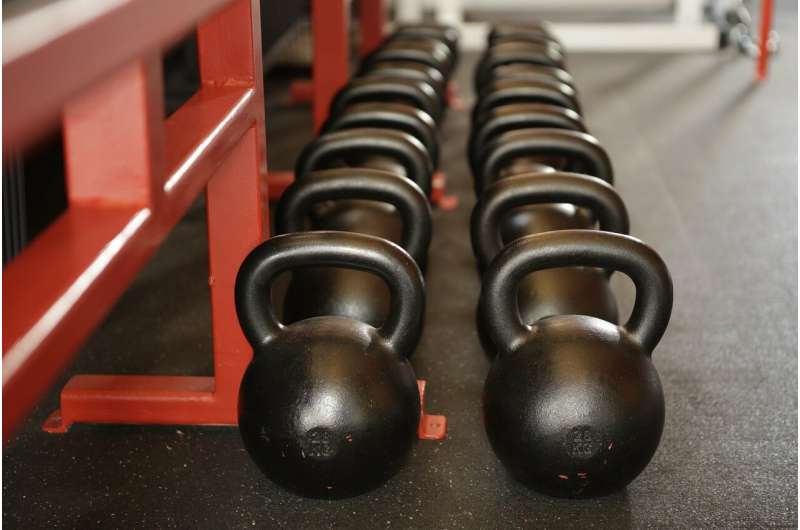The Role of Physical Education in Enhancing Kids' Cognitive Development and Academic Success

Physical education significantly enhances children's cognitive development and academic performance through high-intensity and outdoor activities, emphasizing its vital role in school curricula.
Physical education (PE) plays a crucial role in supporting children's overall health and cognitive development. Recent data indicates that UK schools have seen a significant reduction in PE hours, with 45,000 fewer hours dedicated during the last academic year compared to 15 years ago. This decline raises concerns about the potential impact on students' physical and mental well-being.
Extensive research underscores the benefits of PE beyond physical health, highlighting its positive influence on cognitive functions such as concentration, memory, and problem-solving skills. Studies comparing games-based PE activities, like football, to traditional classroom lessons reveal that students exhibit enhanced cognitive performance following engaging and physically intense lessons.
One key finding is that moderate-to-vigorous physical activity during PE—defined as reaching more than 64% of a child's maximum heart rate—significantly boosts working memory and overall cognitive functioning. This effect was most pronounced when children participated in higher-intensity activities, demonstrating that the quality and intensity of physical activity matter greatly.
Furthermore, outdoor PE sessions have been found to offer greater cognitive benefits compared to indoor activities. Activities conducted outdoors positively influence attention, working memory, and executive functions, which are essential for academic achievement.
Acute bouts of physical activity, such as 15-minute outdoor walks or running sessions, can produce immediate improvements in cognitive performance and academic outcomes, particularly in math and reasoning skills. These short-term benefits accumulate over time; children who regularly engage in physical activity tend to display better cognitive function and academic performance.
Long-term studies also show that fitter children, or those who participate in daily physical activities, perform better across various cognitive domains. Programs encouraging daily outdoor activities, like a daily mile, have been associated with enhanced executive function and overall cognitive health.
Despite these clear advantages, the ongoing reduction in PE hours threatens to undermine children's cognitive and academic development. Maintaining and increasing dedicated physical activity time in schools is vital, as it supports both mental and physical well-being, leading to improved learning outcomes.
In conclusion, physical education is essential not only for promoting physical health but also for boosting cognitive abilities that underpin academic success. Ensuring adequate PE hours and emphasizing high-intensity, outdoor activities can significantly benefit students' mental performance and educational achievements.
source: https://medicalxpress.com/news/2025-09-physical-important-academic-success-benefits.html
Stay Updated with Mia's Feed
Get the latest health & wellness insights delivered straight to your inbox.
Related Articles
7 Expert-Recommended Strategies for Safe Outdoor Fitness
Stay healthy and injury-free during outdoor workouts with these expert-approved safety tips. Learn how to start gradually, choose proper gear, and protect yourself outdoors.
Reintroduction of the Presidential Fitness Test in U.S. Schools
The U.S. reintroduces the Presidential Fitness Test to promote physical activity and healthy lifestyles among students, emphasizing athletic competition and wellness. The program aims to combat childhood obesity and foster lifelong healthy habits.
Optimal Workout Order Revealed: Cardio Before or After Weightlifting?
Recent research reveals that performing weight training before cardio enhances fat loss and daily activity. Discover which workout order maximizes your fitness results based on scientific findings.



